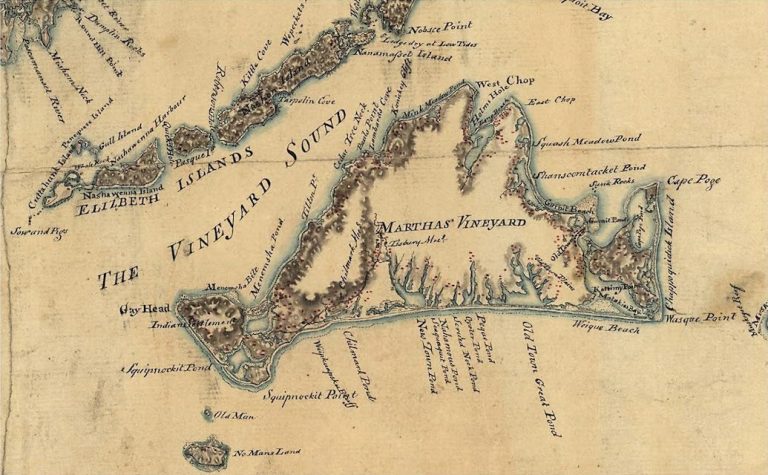
As the American Revolution ignited, his descendants—one of Martha’s Vineyard’s
largest families—leveraged their seafaring expertise to defend their homeland

Boston, MA — When Henry Luce settled on Martha’s Vineyard in 1671, he established a lineage that would become synonymous with the island’s maritime identity.
Over a century later, as the American Revolution ignited, his descendants—now one of Martha’s Vineyard’s largest families—leveraged their seafaring expertise to defend their homeland. The Luce family’s story, spanning generations of whalers, fishermen, and militiamen, underscores how deeply intertwined their legacy is with the island’s survival during the Revolutionary War.
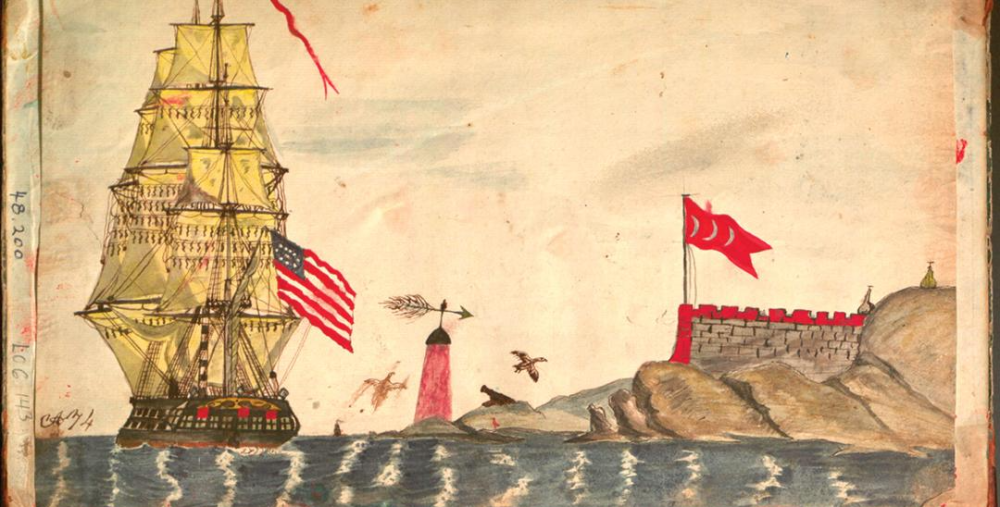
Martha’s Vineyard: A Strategic Maritime Hub
By 1775, Martha’s Vineyard was a modest but vital outpost. Its economy thrived on fishing, whaling, and shipbuilding, while its location off the Massachusetts coast made it a potential target for British naval forces. Islanders, including the Luces, were accustomed to self-reliance. Men trained in navigating treacherous waters and harvesting marine resources now turned their skills toward coastal defense.

Local militias formed swiftly. According to the Massachusetts Soldiers and Sailors in the War of the Revolution, Martha’s Vineyard companies were tasked with guarding harbors, monitoring British movements, and preventing raids. Among the rosters were at least 14 Luce family members—a testament to their prominence and commitment.
The Luces in Uniform: Defenders of the Coast
Records reveal names like Barzillai Luce Jr., Benjamin Luce, and John Luce serving under captains such as Nathan Smith and John Russell. Their duties ranged from manning lookout posts to patrolling shores in small vessels. Freeman Luce and Gamaliel Luce were stationed at key points like Holmes Hole (now Vineyard Haven), a hub for Patriot communication and supply lines.
The militiamen’s work was unglamorous but critical. British ships frequently blockaded New England ports, disrupting trade and threatening coastal towns. Luce family members, familiar with local tides and hidden inlets, provided invaluable knowledge for evading or reporting enemy movements.
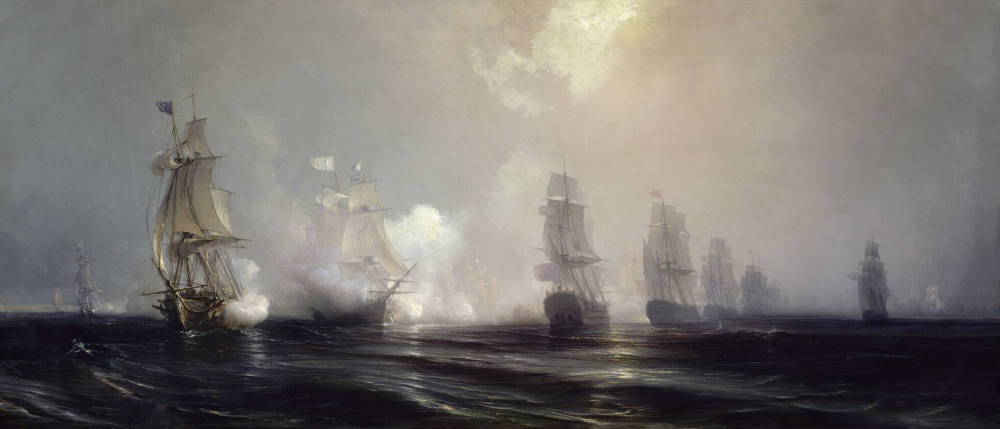
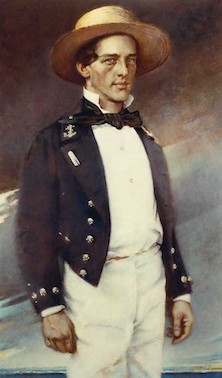
Seafaring Skills Turned Strategic Advantages
The Luces’ maritime background proved vital. Isaac Luce and Jesse Luce, likely experienced sailors, crewed the island’s defensive “guard boats”—small, agile crafts used to intercept suspicious ships. Others, like Richard Luce and Presbury Luce, manned fortifications armed with cannons salvaged from older conflicts.
Their service was not without risk. In 1778, British forces raided nearby New Bedford and Fairhaven, burning ships and warehouses. Martha’s Vineyard’s militias, including Luce members, heightened patrols in response. While the island avoided direct attack, the threat loomed large.
A Community Effort: The Luces in Context
The Luce family’s contributions reflected broader island dynamics. Martha’s Vineyard’s small population—around 3,000 in 1775—meant nearly every able-bodied man was mobilized. Militia service was intermittent, often lasting weeks or months, allowing soldiers to return to fishing or farming as needed. This flexibility ensured the island’s economy endured despite wartime pressures.
For the Luces, military service was both a duty and an extension of their livelihoods. David Luce, for example, may have transitioned from whaling voyages to militia patrols seamlessly. The family’s dual roles as providers and protectors cemented their status as community pillars.

Legacy Beyond the Revolution
Post-war, many Luces returned to maritime trades, their Revolutionary service a point of pride. The family’s influence persisted: by the 1800s, Luces captained whaling ships, operated shipyards, and held public offices. Today, landmarks like Luce’s Creek and oral histories keep their contributions alive.
Historians note that Martha’s Vineyard’s isolation fostered tight-knit resilience. The Luces exemplify this spirit—adapting their seafaring prowess to meet the Revolution’s demands. As Dr. Elaine Miller, a historian specializing in coastal Massachusetts, observes: “Families like the Luces weren’t just defending territory; they were protecting a way of life built on the ocean.”
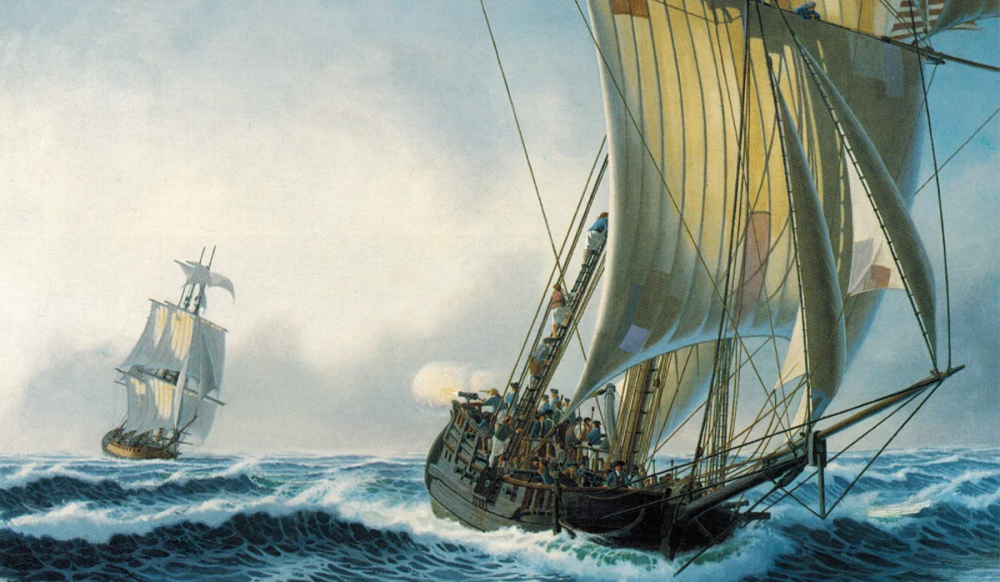
Uncovering the Past: The Role of Historical Records
The Massachusetts Soldiers and Sailors archives offer rare insights into ordinary Patriots. Entries for Luce militiamen are brief but revealing. James Luce, for instance, served 12 days in December 1776 under Captain Benjamin Smith, suggesting a response to specific threats. Others, like Nathan Luce, appear in multiple muster rolls, indicating sustained involvement.
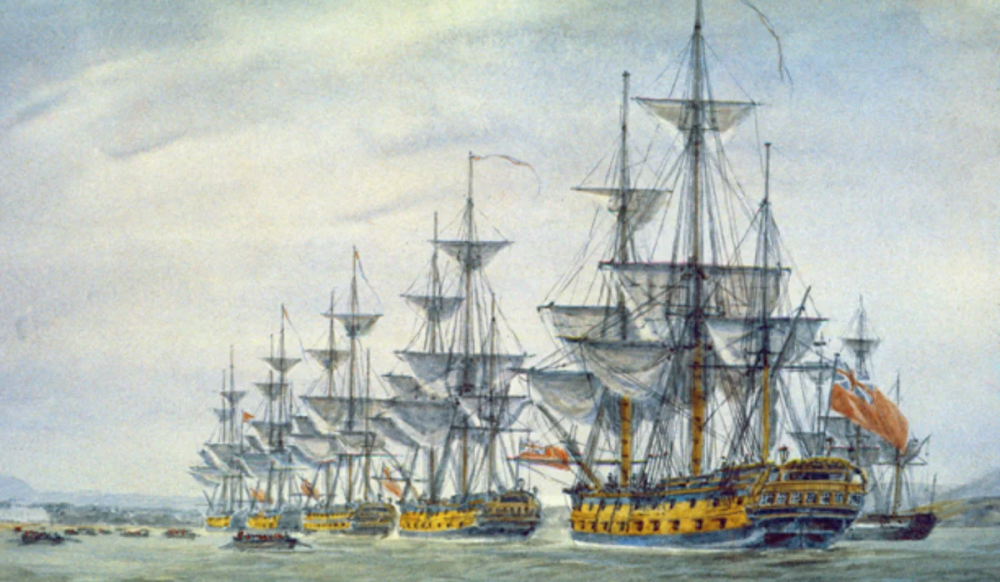
These records also highlight the era’s challenges. Pay vouchers show that militiamen were often compensated in devalued colonial currency or not at all. Yet the Luces’ repeated enlistments suggest a commitment transcending financial reward.
A Family’s Enduring Imprint
The Luce story is more than a list of names in a ledger. It mirrors Martha’s Vineyard’s evolution from a colonial outpost to a symbol of American perseverance. Their legacy, rooted in Henry Luce’s 1671 arrival, underscores how families shaped local history through resilience and adaptability.
As descendants preserve genealogies and historians revisit militia rolls, the Luces’ Revolutionary service remains a poignant reminder of the unsung contributions that fortified a nation’s fight for independence.
Maritime Legacy: Luce Family’s Service in 1776 Coastal Defense (April 2, 2025)